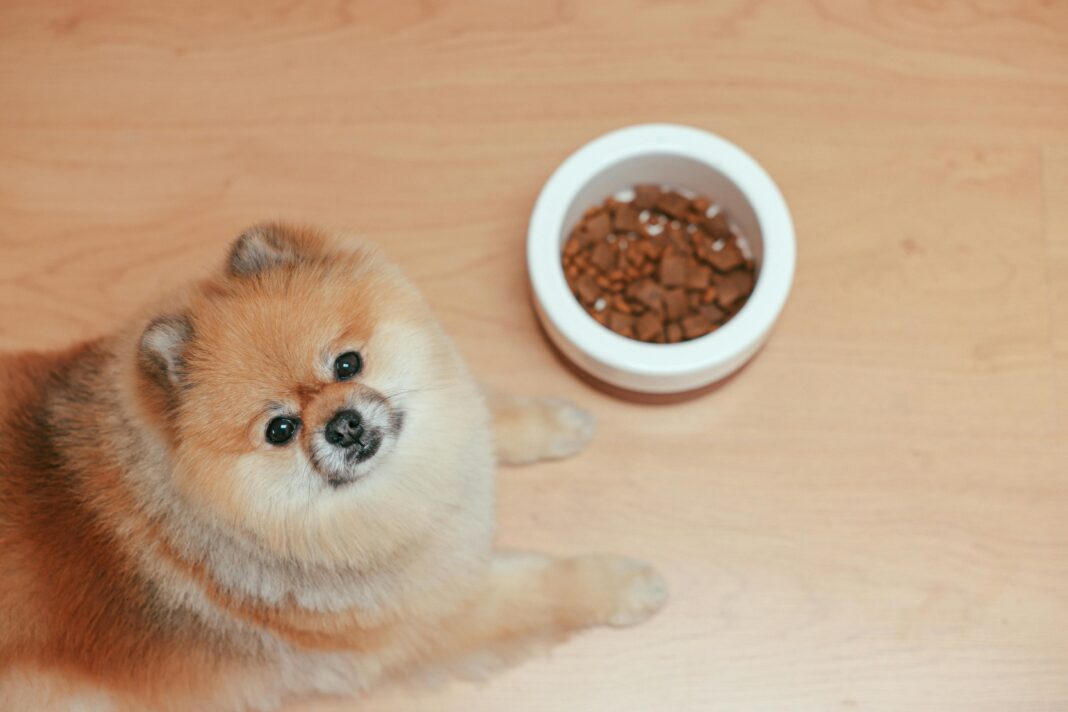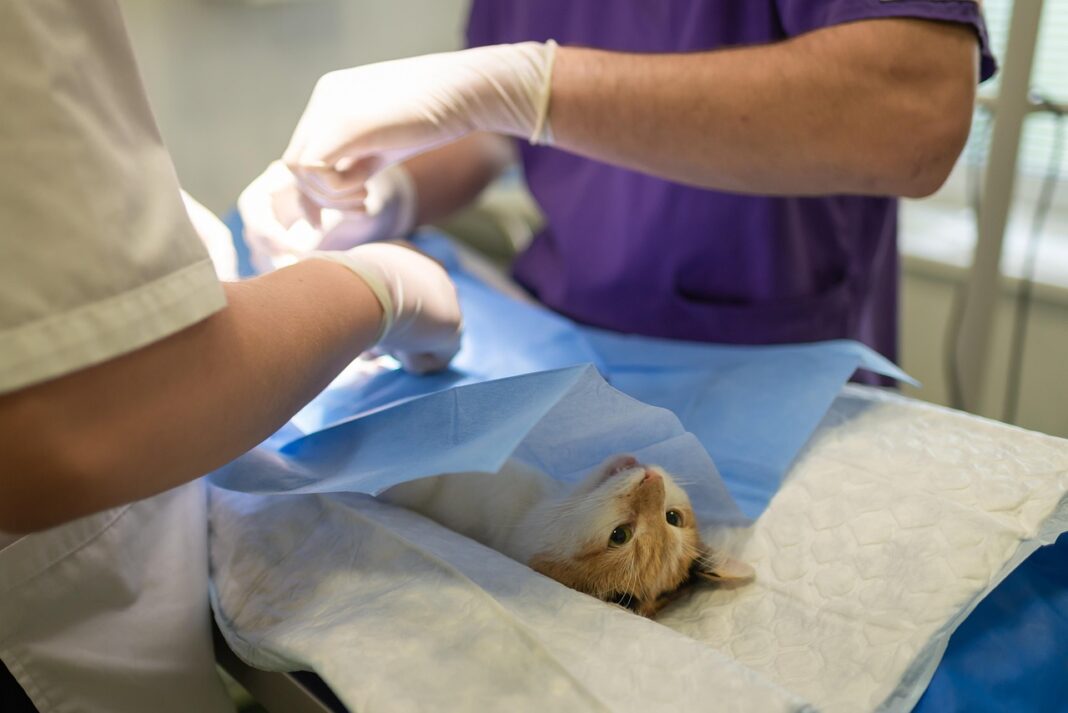As pet owners, we all want our furry friends to live healthy, vibrant lives. One of the most significant ways to ensure this is through proper nutrition. In this essential pet nutrition guide, we’ll explore the ins and outs of what your pets need to thrive, from understanding nutritional requirements to recognizing signs of poor health. Let’s dive in!
Understanding Pet Nutrition
The Basics of Pet Nutrition
Just like humans, pets require a balanced diet that includes proteins, fats, carbohydrates, vitamins, and minerals. The exact needs vary by species, breed, age, and health condition. For instance, kittens and puppies require more calories and nutrients compared to adult pets. Always consult with a veterinarian to determine the unique nutritional requirements of your pet.
Types of Pet Food
-
- Dry Food (Kibble): Convenient and cost-effective, dry food helps in maintaining dental health. However, ensure it’s high-quality to support your pet’s overall health.
-
- Wet Food (Canned): Often more palatable for pets, wet food can be beneficial for pets who need more hydration but might lack some nutrients compared to dry food.
-
- Homemade Diets: Some pet owners opt for preparing their pets’ meals at home. While it allows for quality control, it’s vital to work with a vet or a pet nutritionist to ensure the diet is balanced.
-
- Raw Diets: Advocates believe a raw diet mimics a pet’s ancestral nutrition but requires careful handling and preparation. It’s essential to research and consult a veterinarian before transitioning to this type of diet.
Recognizing Nutritional Deficiencies
Causes of Nutritional Issues
-
- Imbalanced Diet: Feeding your pet only one type of food (like cat treats or table scraps) can lead to deficiencies.
-
- Food Allergies: Some pets may have allergies that lead to gastrointestinal issues, skin problems, or lethargy.
Symptoms of Nutritional Deficiencies
-
- Weight Loss or Gain: A sudden change in weight can indicate improper nutrition.
-
- Poor Coat Condition: Dull, dry, or flaky fur can be a sign of insufficient fatty acids or other nutrients.
-
- Behavioral Changes: Increased irritability or lethargy can stem from dietary imbalances.
Diagnosing Nutritional Problems
Veterinary Check-ups
Regular vet visits are crucial. Routine blood tests and physical examinations can help identify nutritional deficiencies. It’s essential to share any changes you’ve noticed in your pet’s behavior, weight, or overall health during these appointments.
Creating a Diet Diary
Keeping a log of what and when you feed your pet can also help your vet to pinpoint dietary-related issues. Note any changes in eating habits or reactions to certain foods.
Treatment and Corrective Actions
Adjusting the Diet
If deficiencies are diagnosed, your vet may recommend dietary changes. This could include switching to a higher-quality food, adding supplements, or introducing new proteins to your pet’s diet.
Supplements
In some cases, omega-3 fatty acids, vitamins, and minerals may be necessary. Always opt for vet-approved supplements to ensure they are safe and effective for your pet.
Preventing Nutritional Problems
Read Labels Carefully
Understanding pet food labels is essential. Look for foods that list real meat as the first ingredient and avoid fillers like corn and soy. The Association of American Feed Control Officials (AAFCO) provides guidelines on pet food quality, so choose brands that meet these standards.
Consider Life Stage and Activity Level
As your pet ages or if their activity levels change, their nutritional needs will too. Puppies and kittens need different nutrients than adult pets, while senior pets may require lower calories and special health formulas.
Hydration is Key
Always ensure your pet has access to fresh, clean water. Dehydration can lead to serious health issues, so it’s crucial to encourage water consumption, especially for pets on dry diets.
Practical Tips for Pet Owners
-
- Table Scraps: Be cautious with leftovers. Many human foods can be harmful. Avoid grapes, chocolate, onions, and garlic, as these can be toxic to pets.
-
- Routine Meal Times: Establish regular feeding times to prevent overeating and obesity.
-
- Healthy Treats: Use healthy snacks as rewards. Carrots, sweet potatoes, and certain fruits can be great alternatives to processed treats.
-
- Monitor Weight: Keep an eye on your pet’s weight and consult with your vet to determine healthy weight ranges for your specific breed.
Special Considerations for Specific Pets
Dogs vs. Cats
While dogs are omnivores and can eat a variety of foods, cats are obligate carnivores, meaning they require a diet primarily made up of meat. Ensure you’re catering to these dietary needs appropriately.
Food Sensitivities
Pets can develop sensitivities over time. If you notice signs like vomiting or diarrhea after feeding a specific food, consult your vet. Switching to a limited-ingredient or hypoallergenic diet may be necessary.
Breed-Specific Diets
Some breeds are predisposed to certain health conditions. For example, large breed dogs often require special joint health formulas, while overweight breeds may need low-calorie options.
By understanding the essential aspects of pet nutrition, you can better support your furry friends in leading a healthy and happy life. Always consult a veterinarian for tailored advice, and remember: a well-nourished pet is a happy pet!





